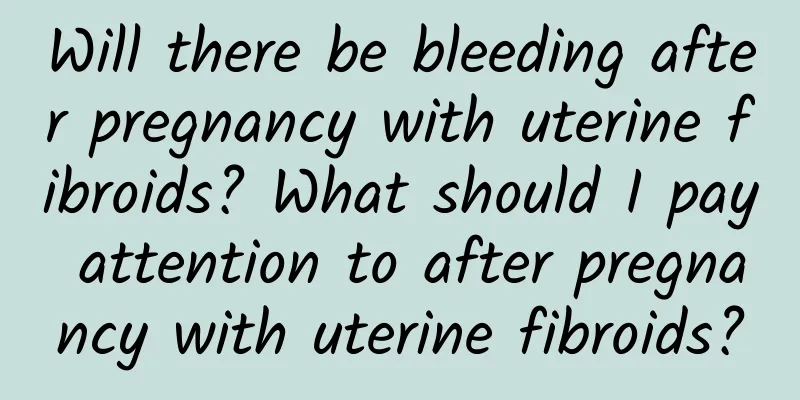The best period for painless abortion

|
The best time for painless abortion is usually 6 to 8 weeks of pregnancy. Surgery during this period is safer, with faster recovery, fewer complications, less psychological burden, and lower economic costs. If you have any concerns or discomfort, it is recommended to seek medical attention in time and take appropriate treatment measures according to the doctor's advice according to different situations. The details are as follows: 1. Safety of surgery: When the fetus is 6 to 8 weeks pregnant, it is relatively small, the difficulty of surgery is low, and the safety is high. Choose a regular medical institution for surgery to ensure the safety and effectiveness of the surgery. 2. Rapid recovery: Painless abortion during the best surgical period causes less surgical trauma and is conducive to rapid recovery of the body. Pay attention to rest after surgery, avoid strenuous exercise, maintain good living habits, and promote physical recovery. 3. Reduce complications: Performing surgery during the best operative period can effectively reduce the occurrence of complications such as postoperative infection and bleeding. Perform a comprehensive physical examination before surgery and follow the doctor's instructions for postoperative care to prevent complications. 4. Small psychological impact: Painless abortion in the early stages of pregnancy has a relatively small psychological burden and is easy to accept and recover from. After the operation, you can seek psychological support, communicate with family and friends, and reduce psychological pressure. 5. Low economic cost: Painless abortion during the best surgical period has relatively low surgical costs and a small economic burden. Choose a medical institution that suits you and arrange the surgical time and cost reasonably according to your own situation. In order to ensure the smooth progress of the operation and postoperative recovery, you should choose a regular medical institution for surgery, conduct a comprehensive physical examination before the operation, and follow the doctor's guidance for postoperative care. If the symptoms persist, it is recommended to seek medical attention in time and take targeted treatment measures under the guidance of the doctor. |
<<: Vulvar itching, what's going on?
>>: Will eating curry make menstrual cramps worse?
Recommend
How to treat premature ovarian failure better
The emergence of premature ovarian failure will m...
What complications may occur after abortion? How to deal with them?
Do you know that artificial abortion, also known ...
What are the examination methods for pelvic effusion?
Most women's pelvic effusion is caused by inf...
What are the treatments for pelvic inflammatory disease?
With the improvement of medical level, there are ...
What are the nursing measures for pelvic inflammatory disease?
What aspects should be paid attention to in the c...
Endometrial tuberculosis can lead to infertility if left untreated
When it comes to endometrial tuberculosis, many p...
How much do you know about the causes of vulvar leukoplakia?
The causes of vulvar leukoplakia are very complic...
How to prevent senile vaginitis?
How to prevent senile vaginitis? The brief descri...
Several important dietary taboos for ovarian cysts
Diet is an important aspect of ovarian cyst care,...
Is it normal for pregnant women to have yellow vaginal discharge?
Yellow vaginal discharge during pregnancy is abno...
How big is the uterine fibroid that requires surgery?
How big is a uterine fibroid that requires surger...
Can ectopic pregnancy be passed on to the next generation?
Will ectopic pregnancy be passed on to the next g...
Experts explain the causes of ectopic pregnancy
According to the latest medical research, there a...
Which is more harmful, induced abortion or artificial abortion?
Which is more harmful, induced abortion or artifi...
Dieting to lose weight can easily lead to malnutrition! 3 slimming soups for quick weight loss, delicious and satisfying
Losing weight is a common problem faced by modern...









